How Long Does It Take to See Skincare Results
Skincare Needs Time
When it comes to skincare, patience is key! It’s tempting to want quick fixes, but most products take time to show real results. Our skin goes through a natural renewal cycle that can last several weeks, so changes won’t happen overnight. This process means we need to give new products a fair chance—usually around four to six weeks—to truly see how they work on our skin. By sticking with a routine and giving products the time they need, we’re better able to assess if they’re making a difference.
One Month for Basic Results
Skin cells usually renew every 28 days, so for many basic skincare products—like those focused on hydration and clarity—you’ll start to see results after about a month of regular use. This initial timeframe lets the product work with your skin’s natural renewal cycle, allowing it to make a noticeable impact on texture, hydration, and evenness. It’s all about consistency here; using the product daily or as directed will give it the best chance to show its true benefits.
Three Months for Deeper Concerns

When tackling more persistent skin issues like acne, wrinkles, or dark spots, expect to see meaningful results after around three months. Products with active ingredients like vitamin C and retinoids work over multiple skin renewal cycles to gradually bring about visible improvements. This timeline allows these ingredients to penetrate deeply, stimulate collagen, and fade discoloration. Sticking with your routine for this period gives these products the time they need to make a noticeable difference on deeper concerns.
Immediate Improvements vs. Long-term Results
Some products, like those aimed at hydration or exfoliation, can provide a quick boost, making your skin feel smoother or look brighter shortly after use. These instant effects are great for a visible pick-me-up but are usually surface-level. For more lasting changes—like strengthening the skin barrier, evening out tone, or reducing fine lines—consistent, long-term use is key. True skin health and resilience come from sticking with effective products over time, allowing deeper, ongoing benefits to develop.
Understanding Skin Type and Issues
Knowing your skin type and specific concerns is essential for setting realistic expectations with skincare. For example, if your skin is acne-prone, you might see improvements in non-inflammatory acne (like blackheads) within a few days with the right products. However, addressing dryness or signs of aging, like fine lines and loss of firmness, can take longer—anywhere from 6 to 12 weeks or more. Each skin type responds differently, so using targeted ingredients suited to your skin’s needs can make all the difference in seeing results within a reasonable timeframe.
How To Choose The Right Cleanser For Your Skin Types
Avoiding Misinterpretations of “Fast Results”
It’s easy to get excited by quick fixes that promise instant changes, but true skin transformation takes patience. Immediate effects from products like moisturizers or exfoliants often improve the surface, giving a smooth or hydrated look right away. However, deeper changes—like tackling hyperpigmentation or improving overall skin texture—require time and consistent care. Lasting results come from sticking with a routine and letting active ingredients work through your skin’s natural renewal cycles.
Patience with Anti-aging and Firmness
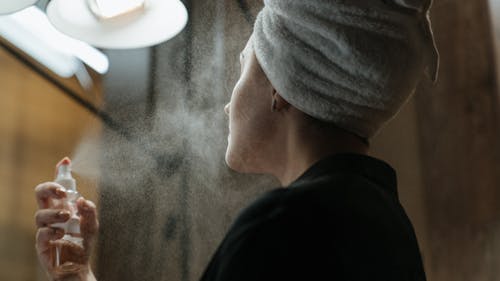
When it comes to anti-aging and products aimed at boosting collagen, patience is key. These products work slowly to improve skin elasticity and reduce fine lines. Visible changes in firmness, texture, and the appearance of wrinkles usually take around 6-12 weeks of consistent use. So, while it’s tempting to expect instant results, give your skin the time it needs to show real, lasting improvements.
Sun Protection is Crucial
When addressing concerns like dark spots or uneven skin tone, sun protection is essential. Sun exposure can worsen these issues, making it harder for treatments to show their full effects. Consistently applying sunscreen not only helps prevent further damage but also supports your skincare routine, allowing products to work more effectively. So, always protect your skin from harmful UV rays to give your treatment the best chance of success.
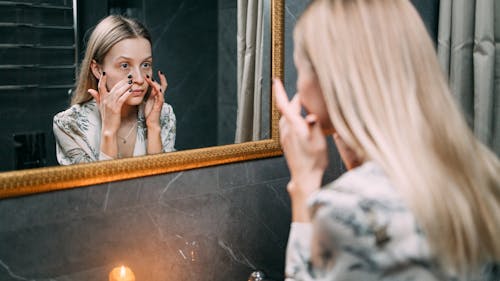
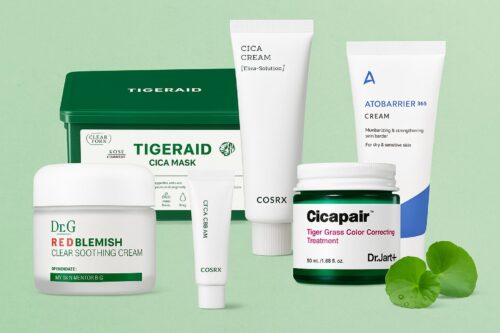
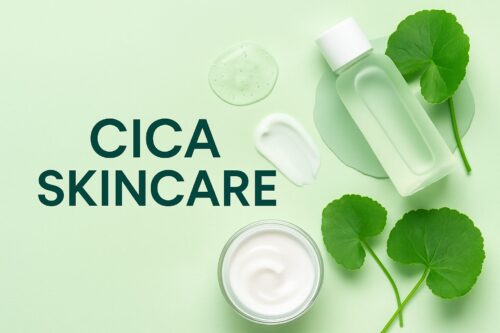
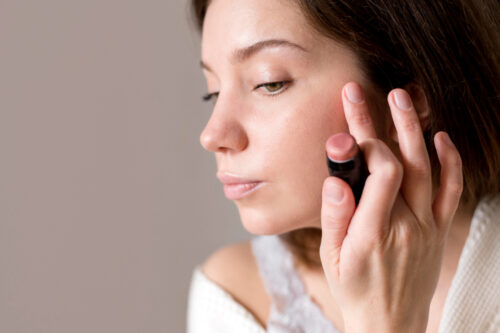

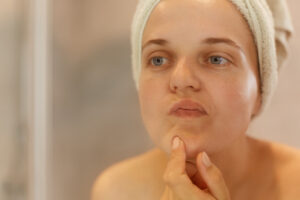
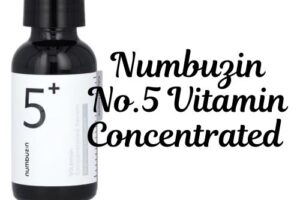
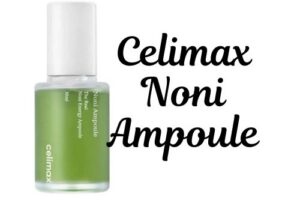
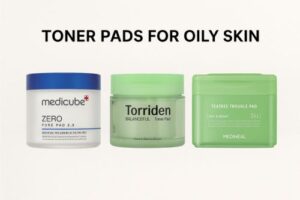
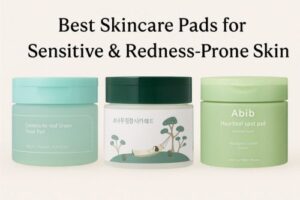
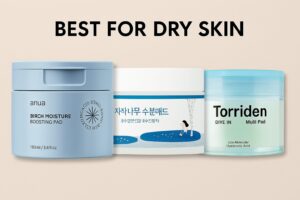



Post Comment